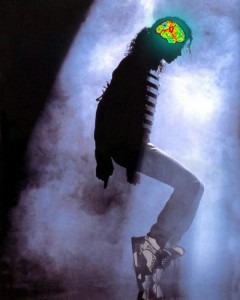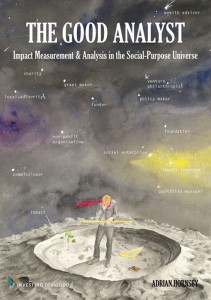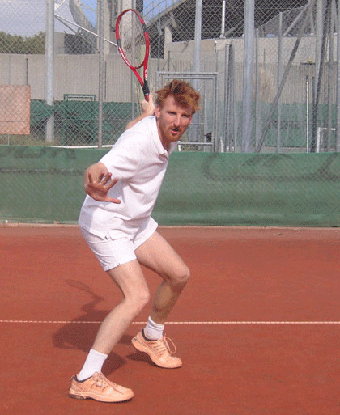
Pia Copper-Ind writes:
The world sees few men like George Whitman. In the harsh capitalist world of today, George’s morals and his motto “Live for humanity” almost seem a thing of the past. For so many people, 37 rue de la Bûcherie, Paris was so much more than a bookstore, it was home for a few months, a place to dream, to write and be inspired in front of one of the most beautiful cathedrals in the world, Notre-Dame, a site Whitman referred to as “Kilometer Zero”, the ultimate address.
Many thousands of twenty-something men and women from all over the world, would-be writers and artists, were served up George’s pancakes and his strawberry ice-cream while they strove to become the next Gertrude Stein, Djuna Barnes, Henry Miller, Ernest Hemingway or James Joyce. Whitman would tell people to ‘read a book a day’ and ‘write the next great novel’ upstairs. Everyone had to write their biography and leave it for posterity. And there were writers. Lawrence Durrell was one of George’s greatest friends, Richard Wright was a regular, Henry Miller called the place a “wonderland of books”. His companion-in-arms was Lawrence Ferlinghetti, who also came to Paris in the postwar years with POW money and then started his own bookstore in San Francisco publishing the “Beats” who drifted between Paris (Shakespeare and Co.), Tangiers and Big Sur. George was even rumoured to be a “Don Juan” of the arrière-boutique, seducing the mysterious Anais Nin. But perhaps he was more of a Prince Myshkin or a Don Quixote, as he liked to call himself: a man of books and letters more than a man of passions. Anais Nin called him “a saint among his books, lending them, having penniless friends upstairs in his Utrillo house, not too steady on its foundations, small windows wrinkled shutters.”
Continue reading →





